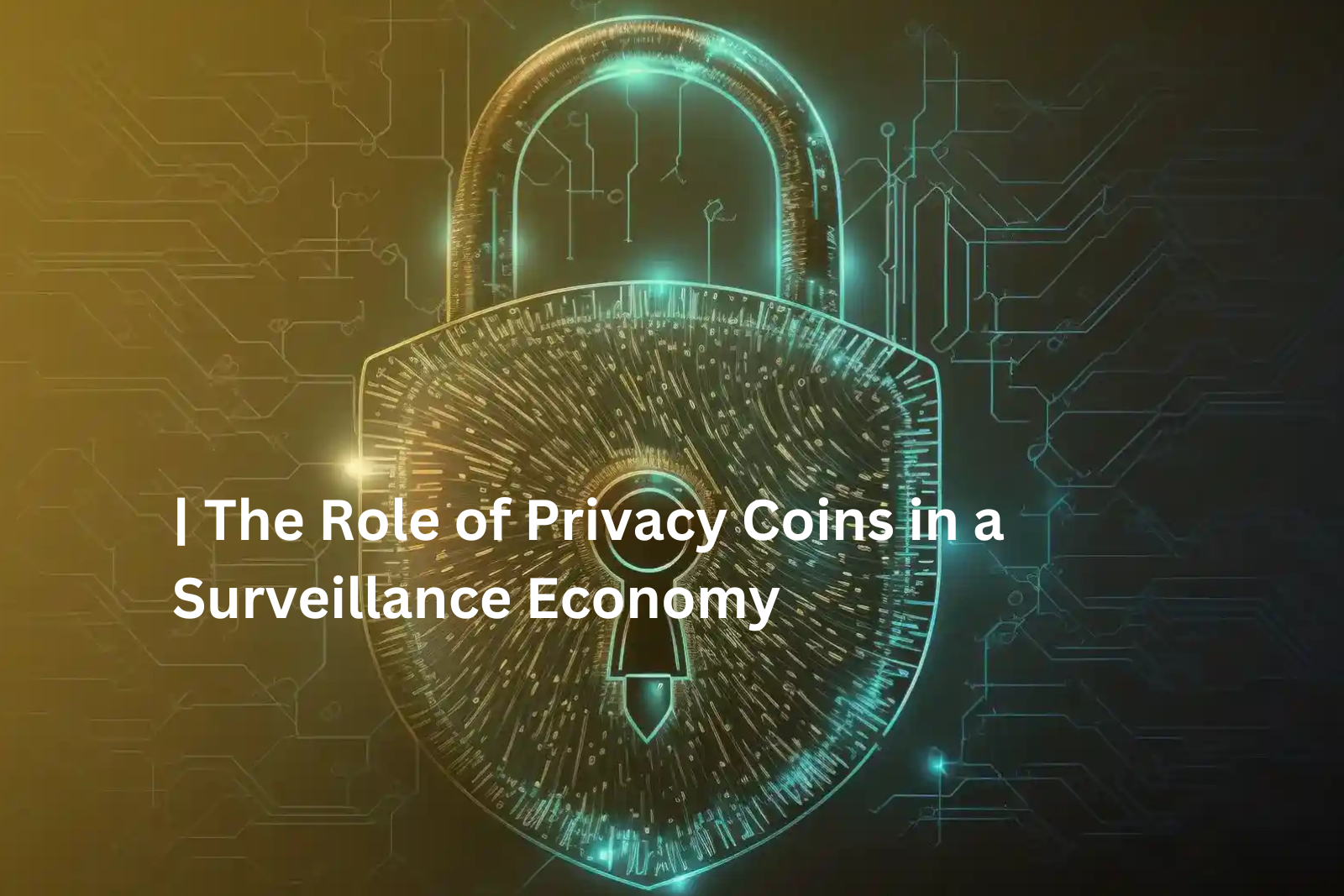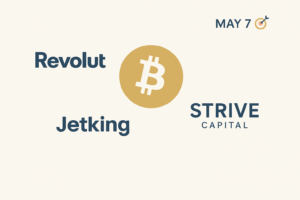
In today’s digital age, privacy is increasingly scarce, especially with the rise of the surveillance economy. Governments, corporations, and cybercriminals use advanced technologies to collect and exploit personal data, leaving individuals exposed to privacy breaches. Privacy coins, a type of cryptocurrency designed for anonymity, are emerging as a vital solution.
These digital currencies provide users with the tools to secure their financial activities and reclaim control over their personal information, offering protection in a world of growing digital surveillance. Privacy coins like Monero and Zcash are essential in defending against data exploitation and enhancing online privacy.
What Are Privacy Coins?
Privacy coins are cryptocurrencies designed to ensure anonymous transactions and protect user data. Unlike traditional cryptocurrencies, such as Bitcoin, privacy coins like Monero and Zcash use advanced cryptography to mask transaction details, making them untraceable and secure. These coins are essential for safeguarding financial privacy in a world of increasing digital surveillance.
Surveillance Economy: The Growing Threat to Privacy
A surveillance economy refers to a system where personal data is commodified, collected, and exploited by various entities, including governments, corporations, and data brokers. This economic model thrives on constant data collection—tracking consumer behavior, preferences, locations, and even biometric data. The more data these entities gather, the more they can profit from targeted advertising, surveillance, and predictive analytics.
In this ecosystem, privacy is often seen as a hindrance to corporate profit-making. Individuals’ financial transactions, social activities, and online behavior are tracked, and recorded, and facial recognition technology, data mining, and internet monitoring are sold for targeted marketing or political manipulation are amplifies concerns about the erosion of personal freedoms.
As more personal data is digitized and connected across platforms, the risk of breaches and unauthorized surveillance rises, undermining the notion of personal privacy.
Privacy Coins as a Solution to Surveillance
Privacy coins address the fundamental issue of surveillance by providing individuals with the tools to protect their financial privacy. Here’s how these digital currencies help combat the surveillance economy:
1. Anonymity in Financial Transactions
Privacy coins allow users to conduct transactions without revealing sensitive information such as their identity or transaction details. For instance, Monero employs Ring Signatures, which combine the transaction signature with multiple decoy signatures, making it impossible to distinguish between the actual sender and the decoys. This means that the identities of the parties involved in a transaction remain private.
Zcash, on the other hand, uses Zero-Knowledge Proofs (ZKPs), a cryptographic protocol that enables the verification of transaction validity without disclosing any of the transaction’s details. This enables the transfer of funds in a completely anonymous manner while ensuring the integrity of the transaction.
2. Protection from Data Harvesting
In a surveillance economy, every action is potentially being observed. Privacy coins mitigate the risks associated with traditional payment systems, where transactions can be linked to a user’s real-world identity. By using privacy coins, users can protect themselves from data harvesting, ensuring that even if their transaction details are intercepted, they cannot be traced back to them.
3. Decentralization and Control Over Personal Data
One of the core values of cryptocurrencies, including privacy coins, is decentralization. Traditional financial systems are centralized, with institutions controlling and storing vast amounts of personal and financial data.
Privacy coins operate on decentralized blockchains, meaning that no central authority has access to the transaction data.
This decentralization empowers users to maintain control over their financial privacy and reduces the risk of data breaches.
4. Circumventing Censorship and Financial Surveillance
In authoritarian regimes or situations where governments have tight control over financial systems, privacy coins offer a means of circumventing censorship and surveillance. They provide individuals with an alternative payment method that is not subject to government monitoring or restrictions, thus ensuring financial freedom and autonomy in regions where privacy is increasingly under threat.
5. Global Accessibility
Privacy coins offer a solution that transcends national borders. With increasing government surveillance on international financial transactions, privacy coins can be used to maintain privacy when sending or receiving money across borders, without the fear of being surveilled or having transactions scrutinized by authorities.
Challenges and Limitations of Privacy Coins
While privacy coins offer significant advantages in protecting financial privacy, they are not without their challenges and limitations:
- Regulatory Scrutiny: Due to their association with illegal activities, such as money laundering or tax evasion, privacy coins are often under scrutiny from regulators worldwide. Some countries have outright banned the use of privacy coins or are considering stricter regulations on their use.
- Limited Adoption: Despite their potential, privacy coins have not achieved the same level of mainstream adoption as Bitcoin or Ethereum. This limited adoption can hinder their ability to challenge traditional financial systems and offer a viable alternative to surveillance-based economies.
- Technological Complexity: Privacy coins utilize complex cryptographic methods, which can be difficult for everyday users to understand and use. This complexity can deter people from adopting privacy-preserving solutions, despite the growing need for privacy in the digital age.
The Future of Privacy Coins in a Surveillance Economy
As the surveillance economy continues to expand, the demand for financial privacy is likely to grow. Privacy coins represent a critical innovation in this space, offering a way to resist invasive data collection and protect individual freedoms. However, their future will depend on how well they can navigate regulatory challenges and gain mainstream acceptance.
To ensure their longevity, privacy coin projects must prioritize transparency, compliance, and education. By demonstrating their value in protecting legitimate privacy concerns, they can build trust and foster broader adoption.













Thanks for sharing. I read many of your blog posts, cool, your blog is very good.
Your point of view caught my eye and was very interesting. Thanks. I have a question for you.
Your article helped me a lot, is there any more related content? Thanks! https://www.binance.info/uk-UA/register?ref=XZNNWTW7